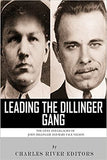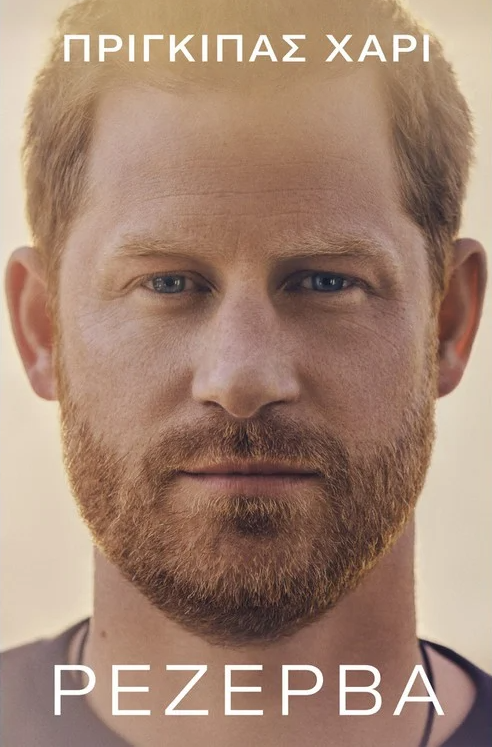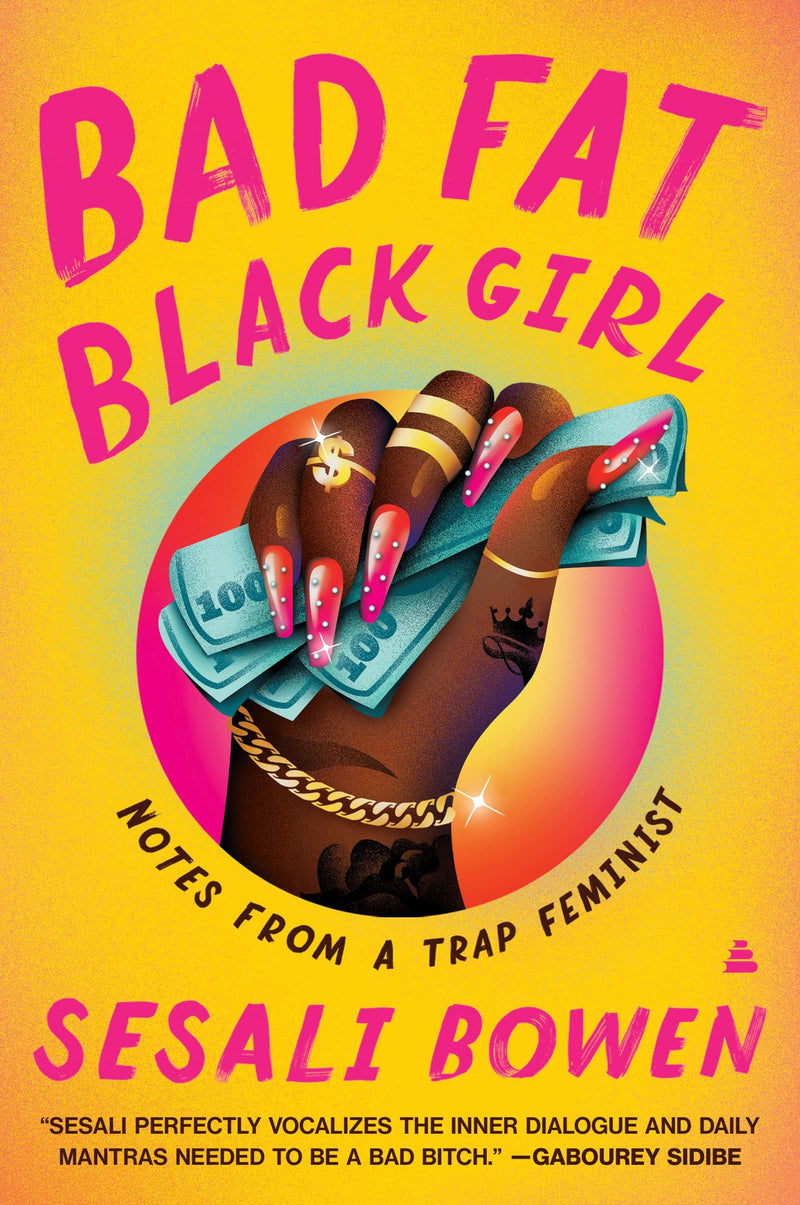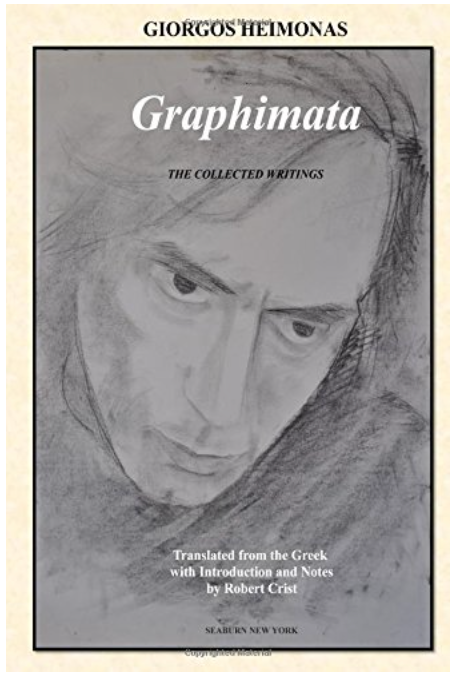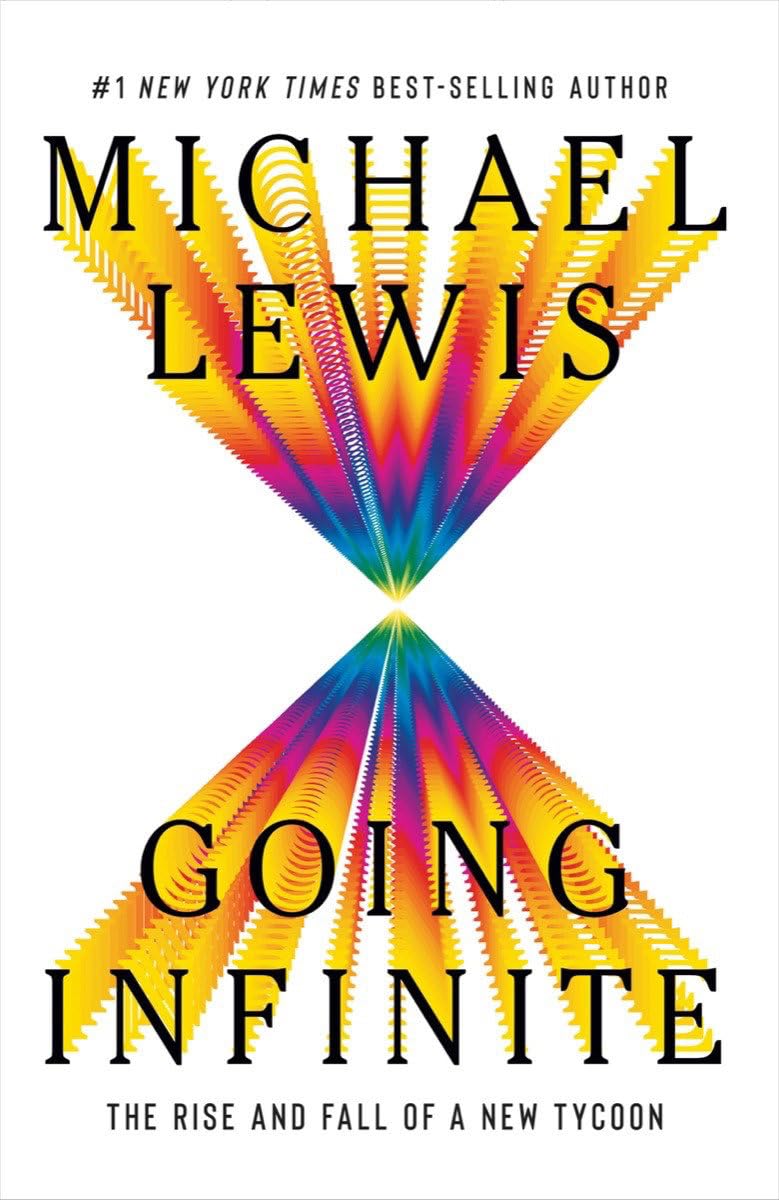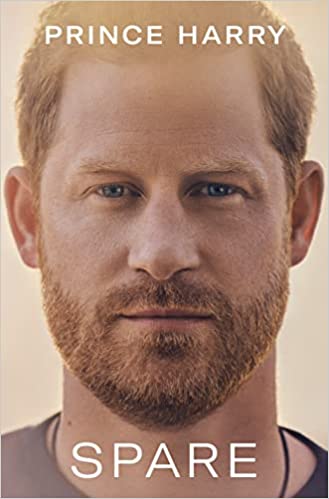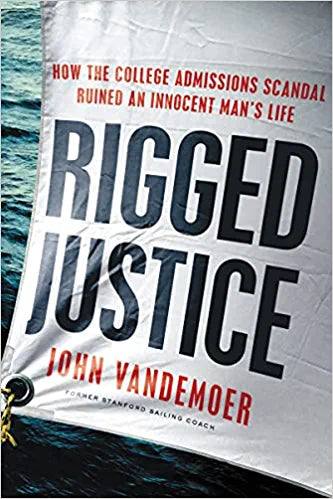Leading the Dillinger Gang: The Lives and Legacies of John Dillinger and Baby Face Nelson
ISBN: 9781492988946
*Comprehensively covers the two outlaws' most notorious shootouts and robberies, their relationship, and their deaths.
*Includes pictures of Dillinger, Baby Face Nelson and important people and places in their lives.
*Includes a Bibliography for further reading.
"I will be the meanest bastard you ever saw when I get out of here." – John Dillinger
“He had a baby face. He was good looking, hardly more than a boy, had dark hair and was wearing a gray topcoat and a brown felt hat, turned down brim." –The wife of Chicago Mayor Big Bill Thompson describing the man who attacked her and stole her jewelry in October 1930.
America has always preferred heroes who weren’t clean cut, an informal ode to the rugged individualism and pioneering spirit that defined the nation in previous centuries. The early 19th century saw the glorification of frontier folk heroes like Davy Crockett and Daniel Boone. After the Civil War, the outlaws of the West were more popular than the marshals, with Jesse James and Billy the Kid finding their way into dime novels. And at the height of the Great Depression in the 1930s, there were the “public enemies”, common criminals and cold blooded murderers elevated to the level of folk heroes by a public frustrated with their own inability to make a living honestly
*Includes pictures of Dillinger, Baby Face Nelson and important people and places in their lives.
*Includes a Bibliography for further reading.
"I will be the meanest bastard you ever saw when I get out of here." – John Dillinger
“He had a baby face. He was good looking, hardly more than a boy, had dark hair and was wearing a gray topcoat and a brown felt hat, turned down brim." –The wife of Chicago Mayor Big Bill Thompson describing the man who attacked her and stole her jewelry in October 1930.
America has always preferred heroes who weren’t clean cut, an informal ode to the rugged individualism and pioneering spirit that defined the nation in previous centuries. The early 19th century saw the glorification of frontier folk heroes like Davy Crockett and Daniel Boone. After the Civil War, the outlaws of the West were more popular than the marshals, with Jesse James and Billy the Kid finding their way into dime novels. And at the height of the Great Depression in the 1930s, there were the “public enemies”, common criminals and cold blooded murderers elevated to the level of folk heroes by a public frustrated with their own inability to make a living honestly





